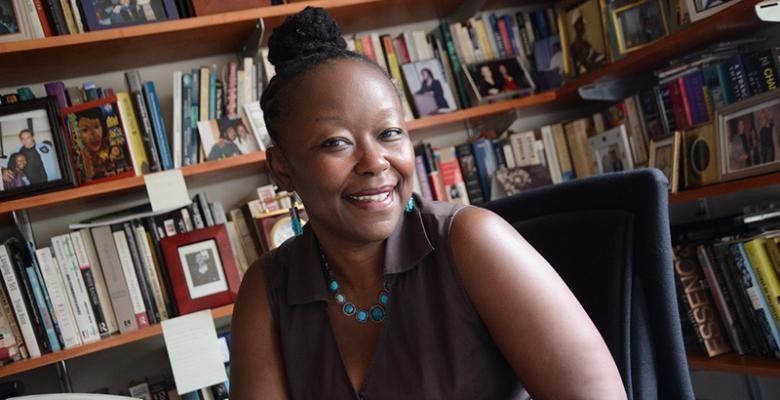On December 1, when Columbia’s Board of Trustees voted unanimously to create the African American and African Diaspora Studies Department, the cry heard around the University was, “It’s about time!”
In reality though, the development is the latest growth spurt in a scholarly interpretation of the black experience that began at Columbia in the early 20th century.
Farah Jasmine Griffin, who will be the new department’s first chair, traces its beginnings to the years that Harlem Renaissance literary icon Zora Neale Hurston (Barnard College, 1928) spent a year at Columbia's Graduate School of Arts and Sciences studying with Franz Boas. A pioneer of modern anthropology who joined Columbia in 1896 and was its first professor in that discipline, Boas was largely responsible for establishing critical studies that drew distinctions between race and culture. His work helped discredit “scientific” theories of race. Hurston’s focus was on her own people: African American folklore, music, customs and—as anyone can read in her novels—ways of speaking.
“The study of black life, in the western hemisphere in particular, is something that Columbia has been engaging in, and has been at the forefront of, since Zora Neale Hurston began her work here,” said Griffin, the William B. Ransford Professor of English and Comparative Literature and African American Studies. The new department will bring a fresh approach to the discipline at a crucial moment for race relations and black identity in our society, she added.
Read the entire Q&A on news.columbia.edu.

